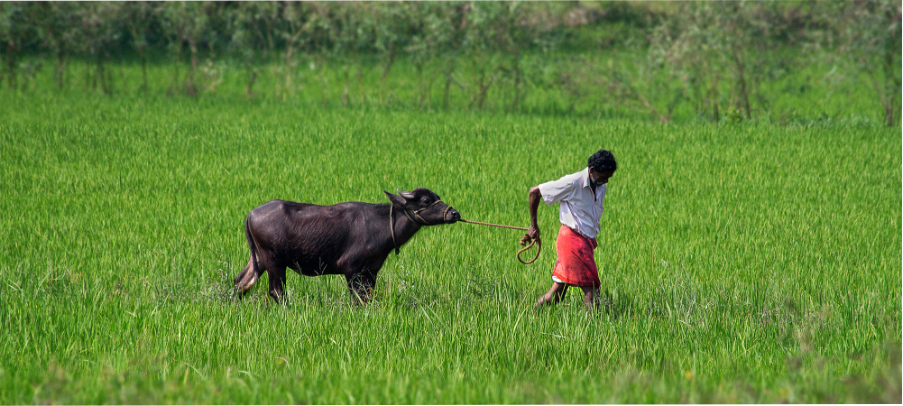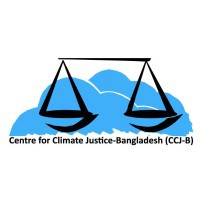Click here to view a recording of this session
Climate change is affecting people’s access to natural resources. The challenge is particularly urgent for communities living where resources are already scarce. In such locations, tensions between different groups who rely on the same resources can be high. Competition for water, for example, can fuel and instigate conflict, and control over this vital resource can be weaponised by those with power over its access. In this session, we will explore the role that the locally led adaptation principles can play when taking on the complex challenges faced by people living at the intersection of climate and conflict vulnerability. We will share examples where locally led actions have been successful in reducing conflict and enabling people to live and make a living despite the changing climate. One outcome of this session will be stories to share at COP27 to win key decision makers over to locally led adaptation by making the potential for action real.
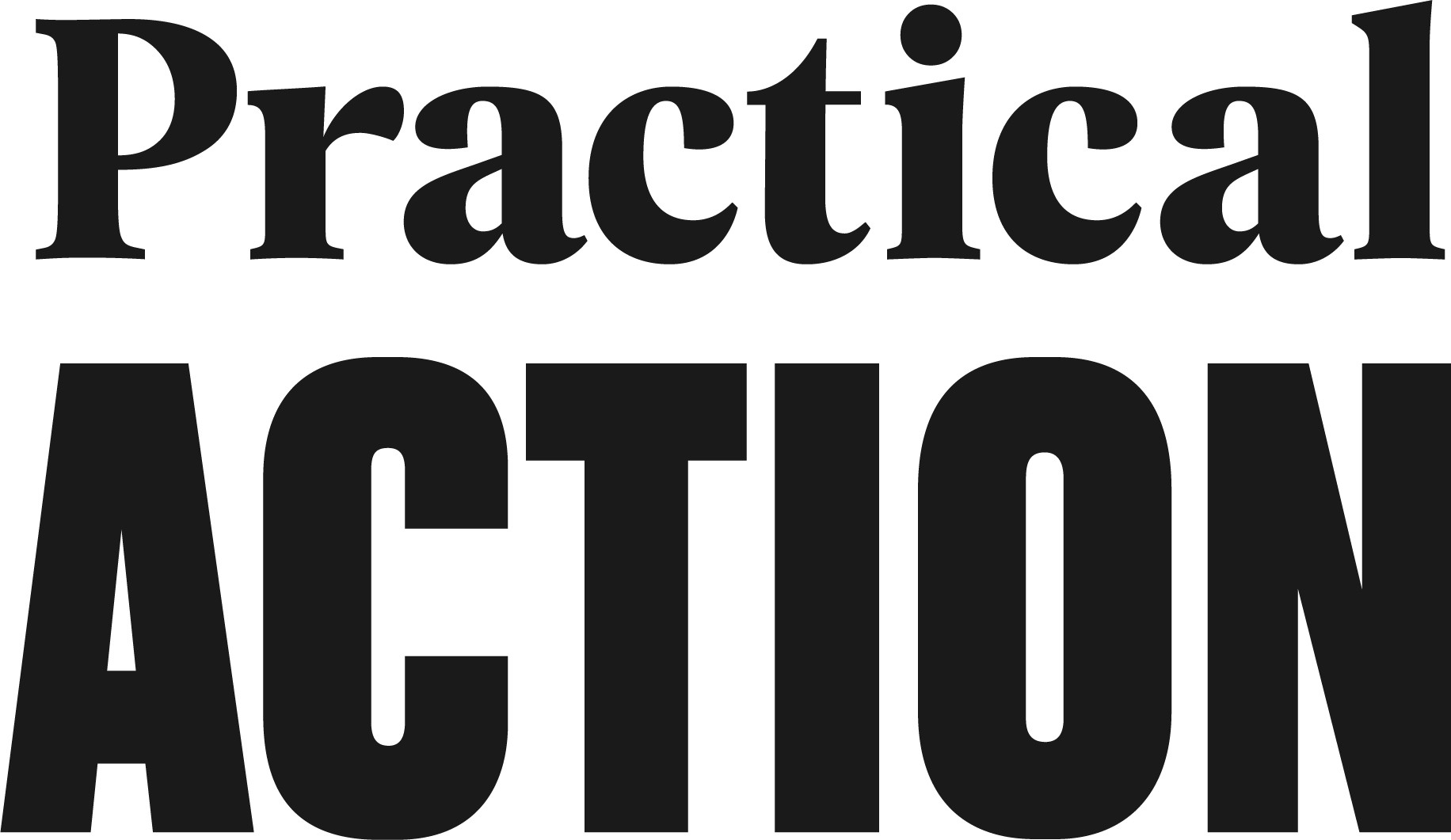
Practical Action is an international development organisation that puts ingenious ideas to work so people in poverty can change their world. We are a global change-making group consisting of a UK registered charity with community projects in Africa, Asia and Latin America, an independent publishing company and a technical consulting service. We combine these specialisms to multiply our impact and help shape a world that works better for everyone.
https://practicalaction.org/
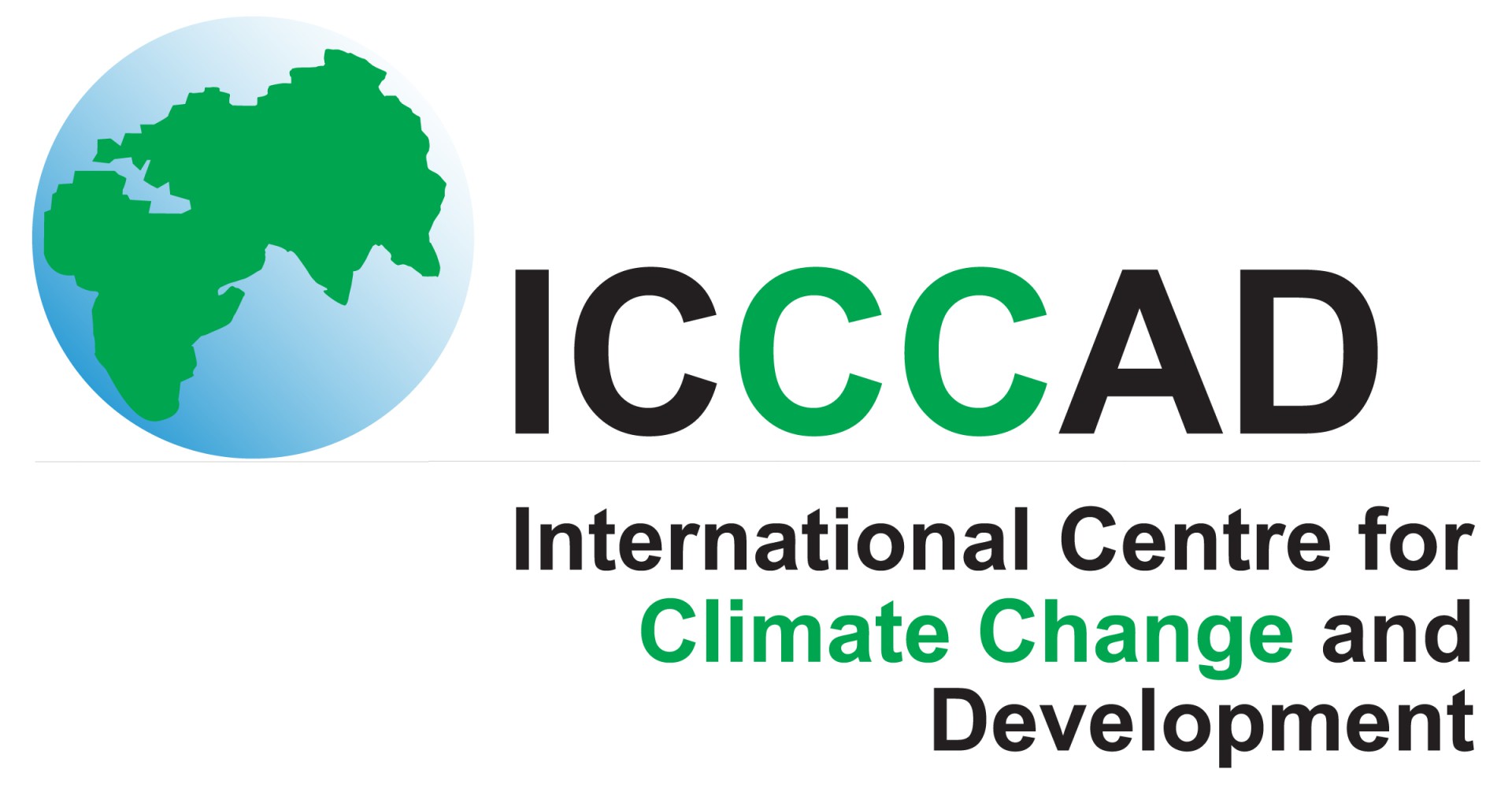
International Centre for Climate Change and Development (ICCCAD) is a research and capacity building organization based at Independent University, Bangladesh (IUB) working on climate change adaptation and development. The centre collaboratively works with partners from the Global South and North to generate evidence-based research, gather local experience, disseminate knowledge, build the capacity of stakeholders and lead policy advocacy for the vulnerable communities who are being impacted by the impacts of climate change.
https://www.icccad.net/
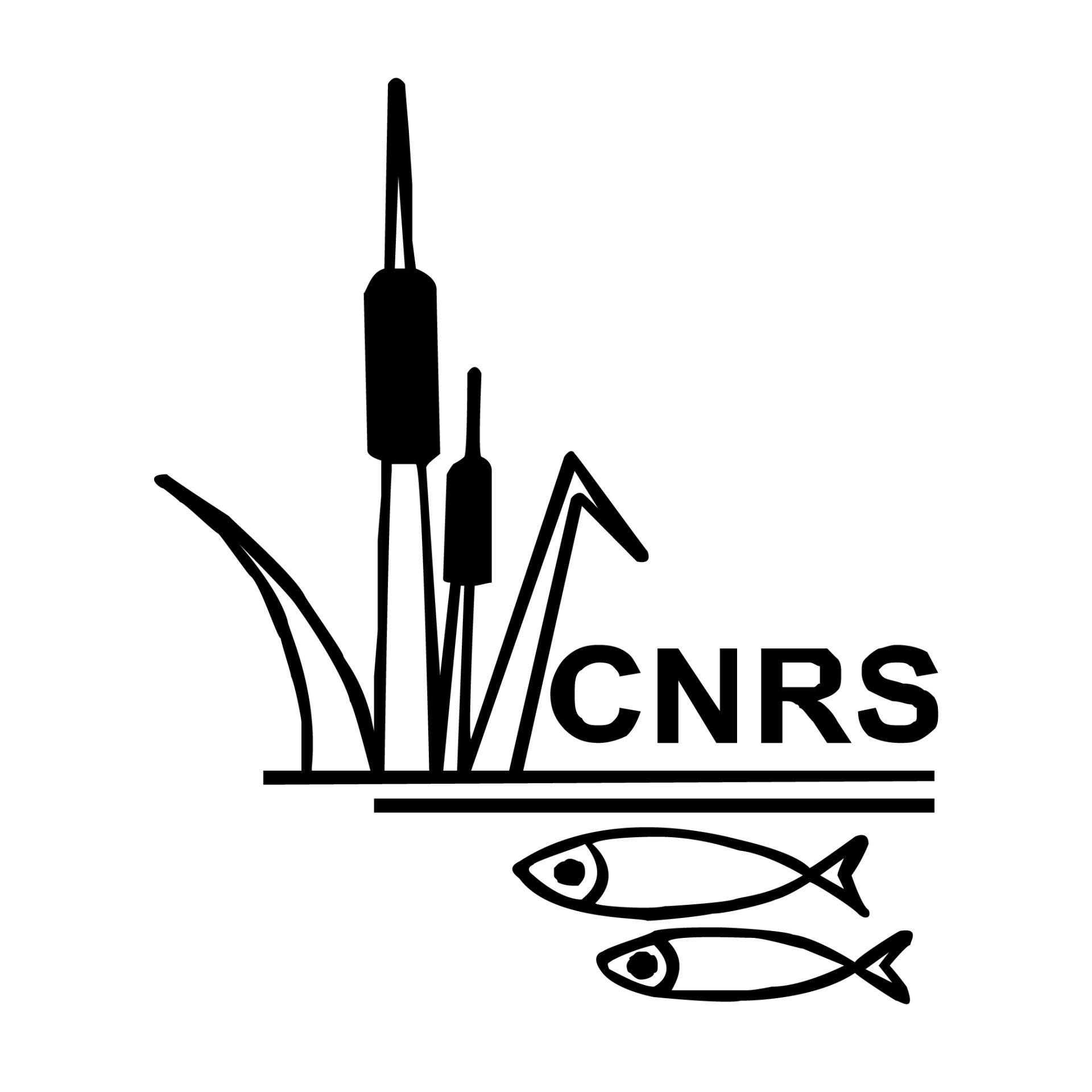
CNRS (Center for Natural Resources Studies) is a national pro-environmental NGO in Bangladesh that became operational in 1994. CNRS works in community-based co-management of natural resources with a focus on wetlands, forests, and coastal zones. CNRS also works in DRR, Climate Change Adaptation at scale (CBA, LLA, and landscape scale), adopting NbS, Climate Justice, livelihoods & Skill development, WASH, and local governance. CNRS is a member of the IUCN national committee of Bangladesh and has observer status with UNFCCC.
https://www.cnrs.org.bd/
